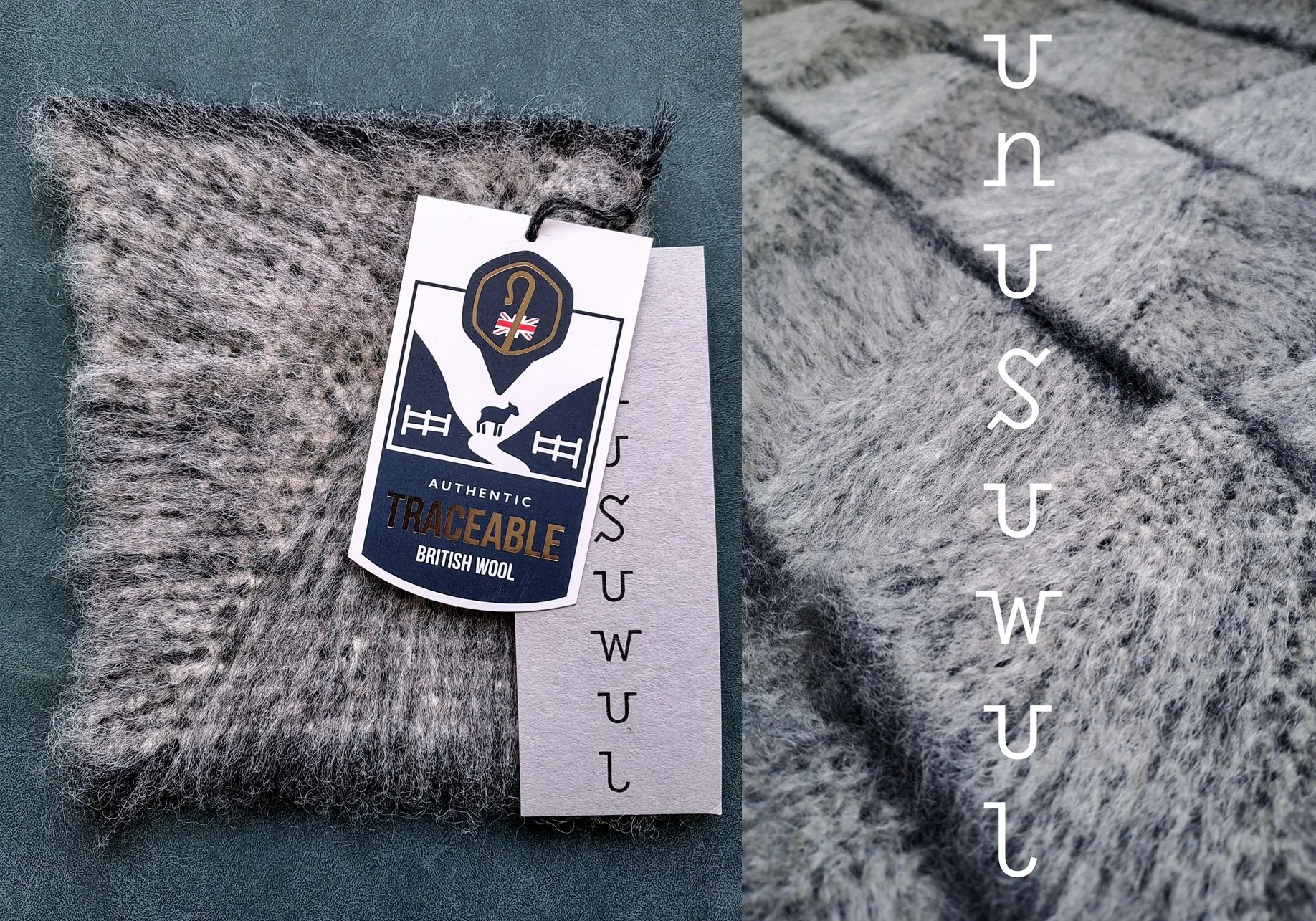Current Projects
-

The Mapping Project
At the heart of the Fibreshed movement is acknowledging the land as the source of our textiles and farmers as the stewards of that land. The Fibreshed approach to textiles begins and ends with soil, whether in the form of a plant fibre, dye crop or animal fleece. At the SEE Fibreshed we are focusing on increasing the use and value of wool fleece for sheep farmers. For many reasons wool is currently undervalued. We are working to create a network with designers and farmers who want to invest in a regenerative textile system, underpinned by agroecological practices which improve biodiversity, soil health and nourish cyclical systems.
The ongoing challenge is to find farmers in the region who while providing us with food and fibres are working to restore the soils and biosphere. Many are doing so quietly and without publicity. The mapping project started in July 2022 to make these connections and explore farmers’ interest in being part of a fibre-focused project. Concurrently, we are identifying designers who are committed to working within a fibreshed system. Our intention is to offer a small number of designers the opportunity to work alongside the farmers and their flock, from raw material to finished textile product.
-

Creating Local Value for Breed Specific British Wool
UNUSUWUL, in partnership with South East England Fibreshed and British Wool are undertaking a research project until October 2025 with an aim to support the use of native breed wool.
As part of the project, studies are being conducted to form new datasets for native wool breeds, documenting and testing their biodegradability, performance and properties. This data driven approach will provide a benchmark comparison against other commonly used yarns such as merino and synthetic yarns.
Demonstrative pieces will be created as examples of how the yarns can be knitted using standard machinery, to encourage designers to use native breed wool yarns, and to demonstrate to farmers and growers the market potential of their product.
There will also be an investigation into challenges such as those within current certification models, the impact of legislation and power dynamics in the value chain.
The project hopes to support scaled integration of native British wool fibres into production and enable stakeholders to better quantify and compare local production with global alternatives, encouraging a shift towards sustainability.
UNUSUWUL describce their process as “a comprehensive design system and manufacturing process that enhances the value of native UK wool by utilising its natural felting properties”. For more information, see the UNUSUWUL website link here: www.unusuwul.co.uk
-

Farming Fashion: Wool
This guide, produced by South East and South West England Fibresheds, is an introduction to building partnerships between agroecological farmers and designers to restore wool supply networks in the British Isles that are beneficial for people and planet.
Packed with case studies, interviews and useful resources, it was launched at Oxford Real Farming Conference in January 2024.
The Guide is being sold and distributed through the South West Fibreshed. Use the link to purchase a copy here.
We have run a series of meetups between farmers and designers, and have further meetups being planned in the South East for later in 2025. If you are interested in joining one of these meetups or would like to receive our newsletter for more information, email southeastenglandfibreshed@gmail.com.
Photo: Joss McKinley of Wheatsheaf Farm
-

Biodynamic Wool Project
South East England Fibreshed are working in collaboration with DIRT to research the available supply and potential volume of biodynamic wool in the UK for fashion and interiors. We are working with farmers, processors and designers to facilitate conversations and create a network for the production of biodynamic soil-to-soil wool textiles. This project aims to meet the demand for fine wool regeneratively produced and processed in the UK.
We have completed phase 1 of the project and are now working with DIRT to secure funding for phase 2.
Photo: A yarn sample spun by Toby Tottle with biodynamic Lleyn wool.
-

Future Fashion Landscapes
This project focused on fostering biodiversity through collaborations between farmers, designers, and processors of native and rare breed wool.
It was a design-led R&D partnership between researchers from Centre for Sustainable Fashion and South East England and South West England Fibreshed supported Fibreshed’s mission to revalue UK wool and create short, transparent bio-regional fibre and fashion supply networks with potential for replication.
The project addressed one of the key barriers for advancement of bio-regional fibre and textiles ecosystems and economies - the lack of links, common language and mutual understanding of requirements and production cycles between farmers, designers and processors.
4 case studies will be published in summer 2025 and the garments created as a result of the collaboration's between the designers and farmers will be exhibited at the textile biennial this autumn, which can be found on the Events page.
Find out more about the project on the Future Observatory website here.
